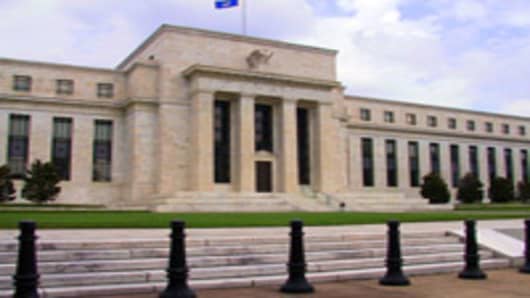Over the past year, especially since the Federal Open Market Committee’s decision to restart quantitative easing last year, there’s been a lot of discussion of the Fed’s so called “dual mandate”. But Federal Reserve Act actually says a bit more, requiring the Fed “to promote effectively the goals of maximum employment, stable prices, and moderate long-term interest rates." (emphasis mine)
We forget this last part of the “dual mandate” language because in the macroeconomics, moderate long-term interest rates can only exist with low inflation and price stability. The interest rate mandate explicit in the law is said to be subsumed to the “price stability” mandate, and so we talk of a dual mandate.
In truth, as we’ve grown very comfortable thinking about the Fed’s role in executing monetary policy, we’ve hardly ever contemplated some other factor besides inflation would influence long-term interest rates. We certainly never spent much time thinking about a downgrade.
But if interest rates were to spike because of some externality other than inflation – say, a U.S. credit rating downgrade – the Federal Reserve would have a legitimateresponsibility under the law to use those tools Carney outlined (and maybe others).
And in that case, the “moderate interest rates” language would rise to equal standing with the “maximum employment” and “stable prices” language, forming a newly realized “triple mandate” for the Fed.
Tony Fratto, is a Managing Partner at Hamilton Place Strategies, former Assistant Secretary at the U.S. Treasury Department, and a former White House official. He is also an on-air contributor for CNBC and founder of the policy discussion website rooseveltroom.net You can follow him on Twitter at http://twitter.com/TonyFratto.


